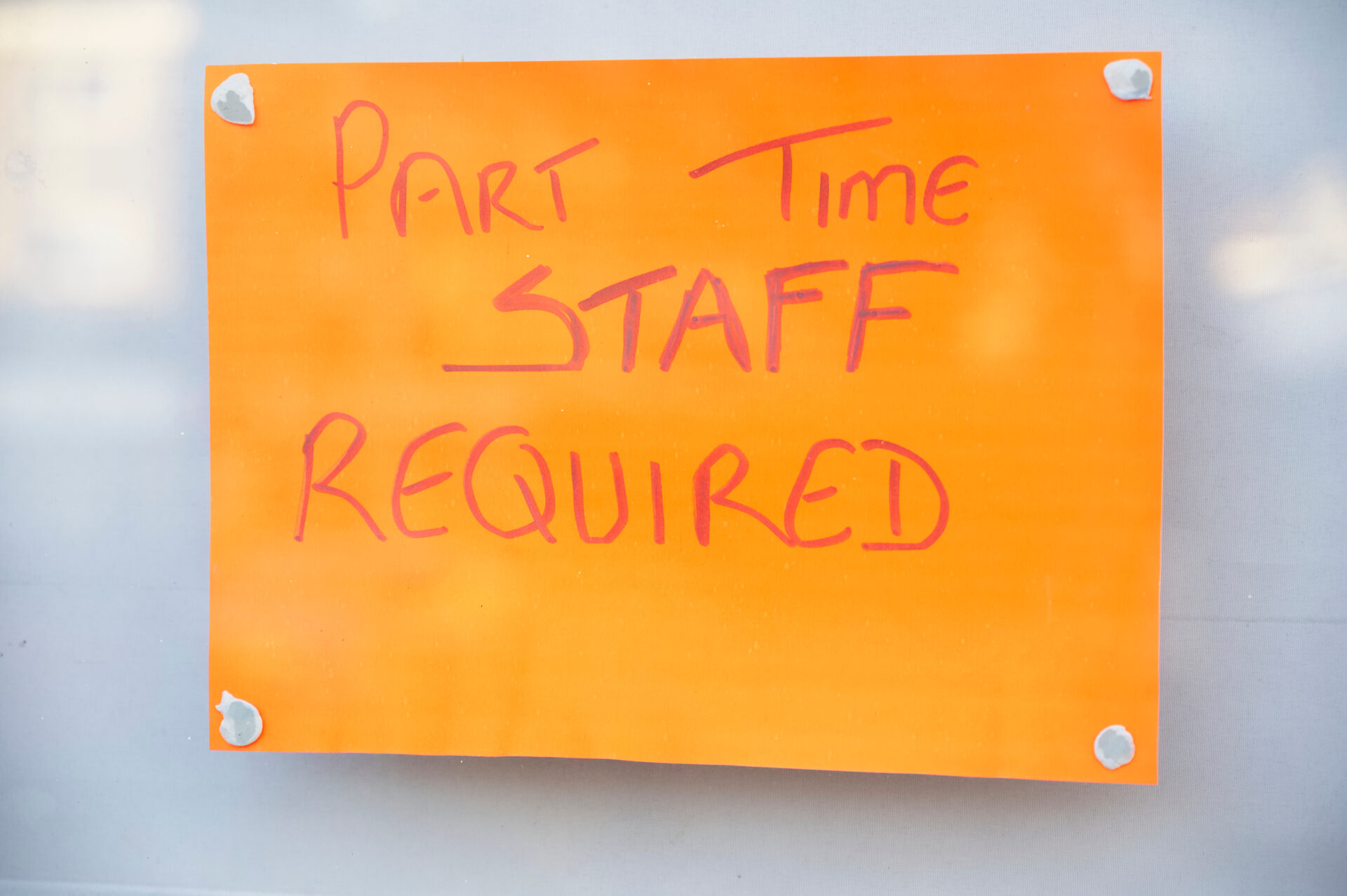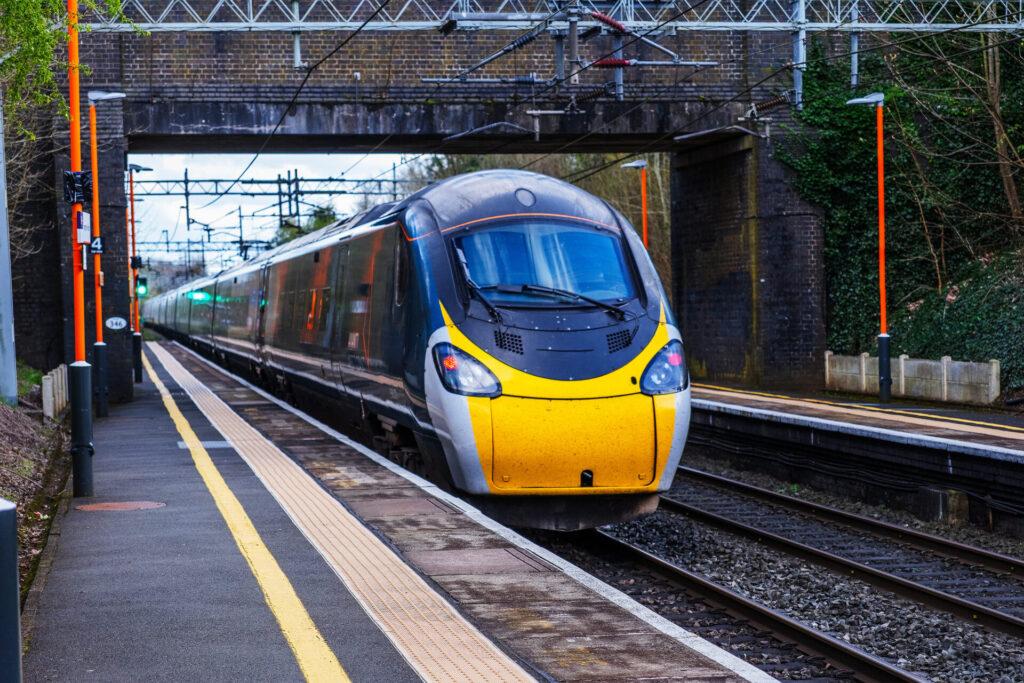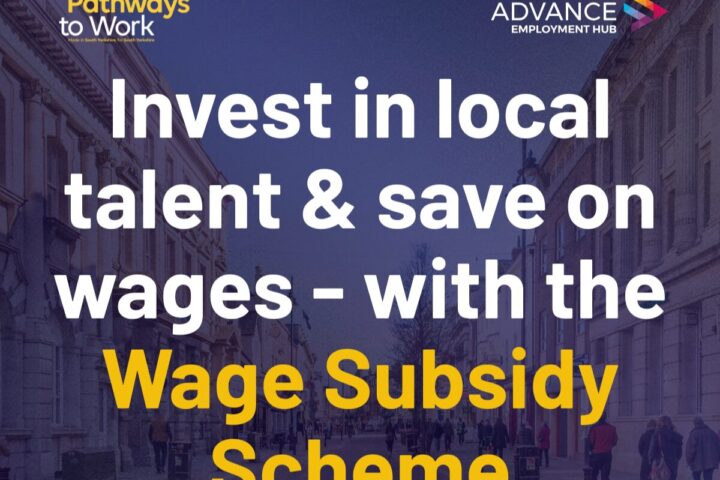Wages continued to outpace inflation in the UK labour market during the three months to February, but vacancies fell for a 33rd consecutive quarter, dropping below pre-pandemic levels for the first time, according to the latest data from the Office for National Statistics (ONS).
Excluding bonuses, wages rose by 5.9% year-on-year, with a 5.6% increase including bonuses. After accounting for inflation, wages were up 2.1% excluding bonuses and 1.9% including them, slightly down from the previous quarter due to rising inflation.
The employment rate increased both over the quarter and year, while the unemployment rate remained largely flat on the quarter but was up over the year. Economic inactivity continued to fall.
Sarah Coles, head of personal finance at Hargreaves Lansdown, said: “This a snapshot taken in the china shop before the tariff bull was let loose. The jobs market was in decent shape, with steady wage growth and a rising employment rate. However, there were some early signs of shakiness as vacancies fell for a 33rd consecutive quarter, and finally dropped below their pre-pandemic levels.”
She added that wage growth continues to provide some financial headroom for households: “We’re still seeing wages rise, and they’re still well ahead of inflation, so workers will be feeling slightly better off with each passing month. The most recent HL Savings & Resilience Barometer shows the average household now has £196 left at the end of the month, which is why people are able to put aside 5.5% of their income for the future.”
Coles warned, however, that the April rise in employers’ National Insurance contributions may already be affecting employer behaviour, with many holding back on hiring. “This is the simplest lever for businesses to pull when they want to slow things down. It’s far cheaper and damaging than letting people go, so may be a sign of things to come.”
Looking ahead, the Office for Budget Responsibility expects wage rises to moderate, and forecasts a rise in the unemployment rate from 4.3% to 4.5% this year, despite an increase in the number of people in work. “The impact of looming tariffs remains to be seen, but the concern is that it triggers a global slowdown,” Coles added.
She advised that individuals should prepare for uncertainty. “It means everyone should consider what they would do if they had a nasty surprise at work. Your greatest protection is often your emergency savings safety net, so we should all be working towards building enough cash to cover 3-6 months’ worth of essential spending in an easy access account.”

















